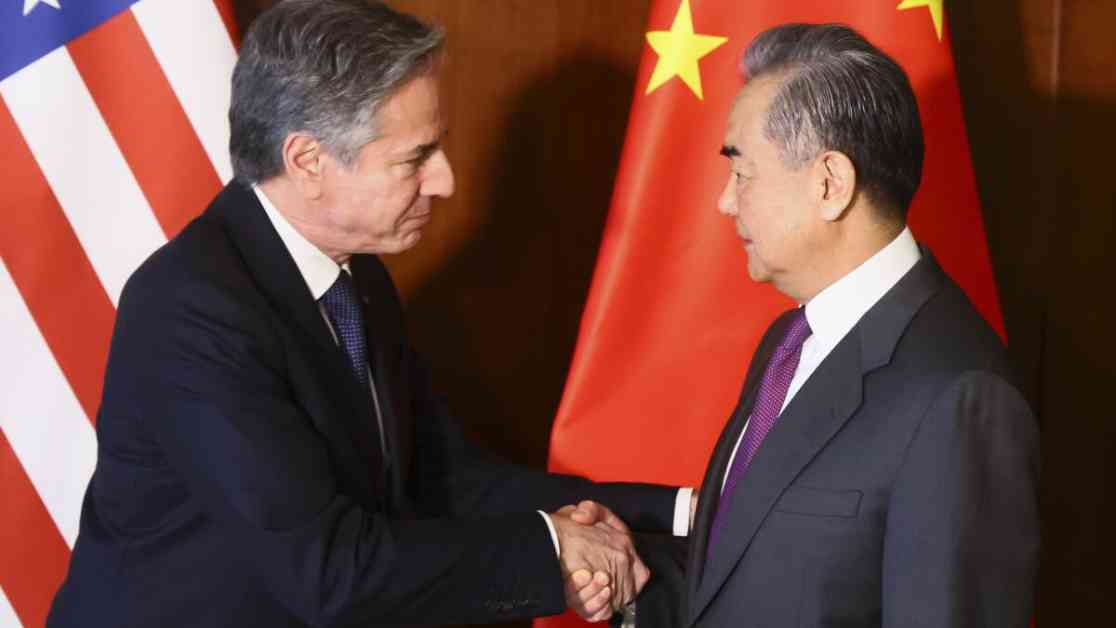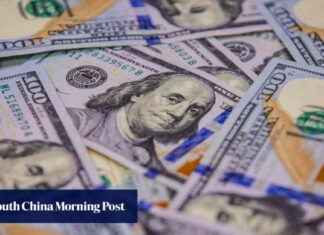After nearly two decades of imprisonment in China, Orange County pastor David Lin has finally been released and returned to the United States. Lin, 68, was sentenced to life in prison on charges of contract fraud in relation to his fundraising efforts to build a church in China. However, both his family and the State Department have vehemently denied these accusations.
Upon his release, State Department spokesperson Matthew Miller expressed the administration’s relief at Lin’s return, stating, “We welcome David Lin’s release from prison in the People’s Republic of China.” The Biden administration has been actively advocating for the release of Americans wrongfully detained by foreign governments, with Lin’s case being a focal point of their diplomatic efforts.
Over the past year, a concerted diplomatic campaign has been underway to secure Lin’s release. California Governor Gavin Newsom raised the issue during his visit to Beijing, while U.S. Secretary of State Antony J. Blinken and national security advisor Jake Sullivan also pressed for Lin’s freedom in meetings with Chinese officials. Lin was one of three Americans designated as “wrongfully detained” by the State Department, allowing for negotiations through the Office of the Special Presidential Envoy for Hostage Affairs.
Despite Lin’s release, two other Americans remain in Chinese custody – Kai Li, held on espionage charges for eight years, and Mark Swidan, held for 12 years on a drug-related offense. A bipartisan congressional committee is set to hold a hearing to draw attention to their cases and the plight of other Americans imprisoned in China.
According to the San Francisco-based human rights group Dui Hua Foundation, there are more than 200 Americans currently being held against their will in China. The Congressional-Executive Commission on China reports that China detains more Americans than any other foreign country, with detention encompassing being held in police custody or being barred from leaving the country.
Born in China and a naturalized American citizen, David Lin had been returning to his homeland since the 1990s to spread the gospel. In 2006, he was detained by Chinese authorities for his efforts to establish a “house church,” an independent place of worship outside of state-sanctioned religious institutions. Despite promises of support to build a church, Lin was arrested in 2009, convicted of fraud, and sentenced to life in prison, a sentence that was later reduced with a scheduled release in 2029.
Bob Fu, founder and president of China Aid, believes that Lin’s conviction was a result of entrapment by the Chinese government. Fu highlighted that Lin had been assured he could build a church, prompting him to sell properties and borrow money for the endeavor. While Lin’s release is celebrated, Fu remains skeptical of China’s commitment to religious freedom under the current regime.
In 2019, the United States Commission on International Religious Freedom identified Lin as part of its prisoners of conscience project, recognizing his efforts to minister to fellow prisoners and translate the Bible into Chinese. Concerns were raised about his deteriorating health and safety in prison, prompting calls for his release.
After being flown from China to San Antonio, Lin’s daughter, Alice Lin, expressed overwhelming joy at her father’s return. The family had been separated for over a decade, with visiting privileges to the prison being revoked, leaving brief phone calls as their only means of communication. Alice shared her father’s struggles with declining health and malnutrition during their conversations, underscoring the urgency of his release.
Earlier this year, in a heartfelt letter to the Wall Street Journal, Alice pleaded for her father’s freedom, expressing her desire for him to meet her family and her own battle with cancer. The emotional plea resonated with many, highlighting the human toll of prolonged separation and uncertainty in cases of wrongful detention.
As David Lin settles back into life in the United States after nearly 20 years of imprisonment in China, his release serves as a beacon of hope for other Americans wrongfully detained abroad. The diplomatic efforts and advocacy that led to his freedom underscore the importance of international cooperation in upholding human rights and securing justice for those unjustly imprisoned.



























